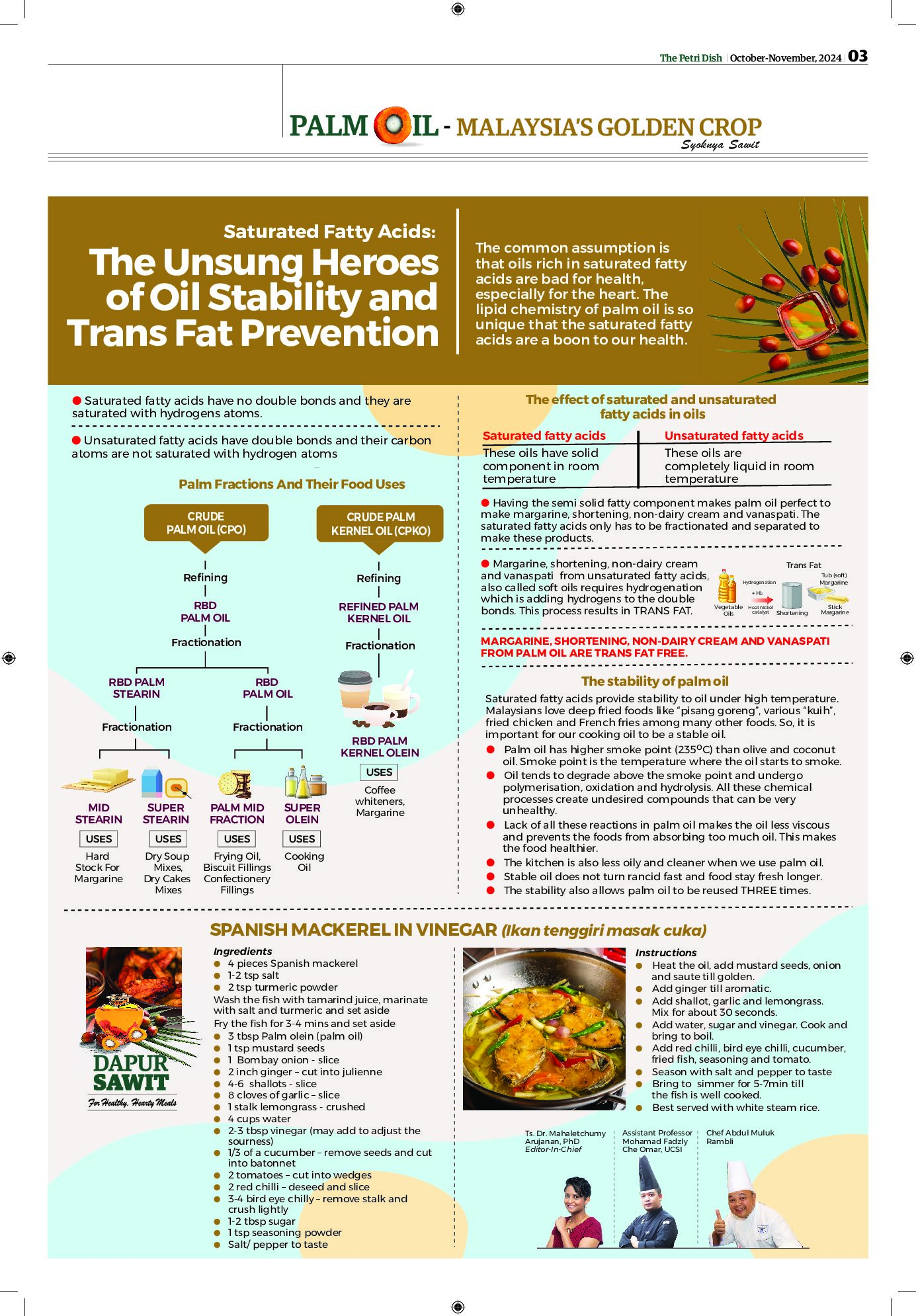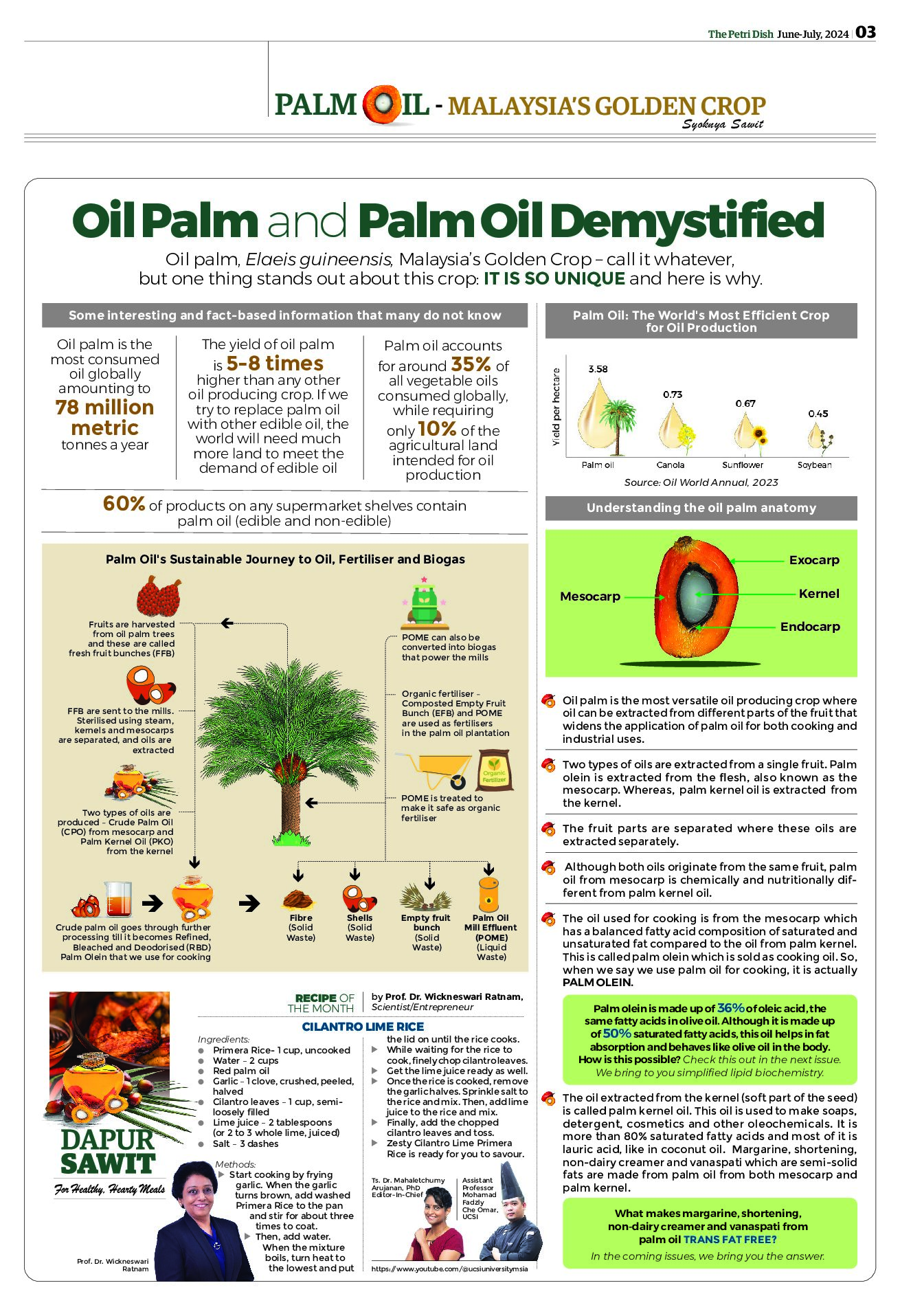AUSTRALIAN research could help breeders develop more drought-resilient crops that can produce more food and more profit with less water.
Drought tolerance is critically important in the face of climate change, population growth and land-use pressures.
Scientists from The Australian National University (ANU), ARC Centre of Excellence in Plant Energy Biology, and CSIRO Agriculture and Food have developed a new method to identify drought-resilient wheat quickly, cheaply and accurately.
Lead researchers Dr Arun Yadav and Dr Adam Carroll said selecting wheat that can grow better during short- to medium-term drought is vital to help fight food insecurity around the world.
“Our work may be instrumental for farmers to maximise food production in the face of increasingly severe drought,” said Dr Yadav from the Research School of Biology and ARC Centre of Excellence in Plant Energy Biology at ANU.
“Hardy crop plants that can maintain high yields under drought will help farmers produce more food reliably and maintain domestic and export markets for Australia.”
“Drought is a major agricultural challenge in Australia, affecting food production, farmers’ livelihoods and costing the government billions of dollars in relief efforts.”
The simple test measured the relative abundance of four amino acids in wheat plants to predict their ability to maintain yield under drought much more accurately than current state-of-the-art methods, said Dr Carroll.
“This test can be done precisely in greenhouses all year round, at a fraction of the cost of traditional field-based methods. Plus, it gives more accurate predictions,” he said.
Professor Barry Pogson, a 2019 Eureka Prize winner and Deputy Director of the ARC Centre of Excellence in Plant Energy Biology at ANU, was also a member of the research team.
“If breeders are provided with 1,000 wheat varieties to choose from, they can select the drought resilient lines through a simple assessment of the four amino acids we’ve identified,” Professor Barry Pogson said.
“The challenge is for us to show this technique does scale beyond the varieties we have tested to date.”
Dr Greg Rebetzke and Dr Gonzalo Estavillo from CSIRO Agriculture and Food conducted grain-yield evaluations under extensive field trials across the Australian wheat belt, which enabled the team to build a statistical model of the drought-tolerance predictor.
The study was funded by the Grains Research and Development Corporation, the ARC Centre of Excellence in Plant Energy Biology and the ARC Centre of Excellence in Translational Photosynthesis. The study is published in the Journal of Experimental Botany.
















